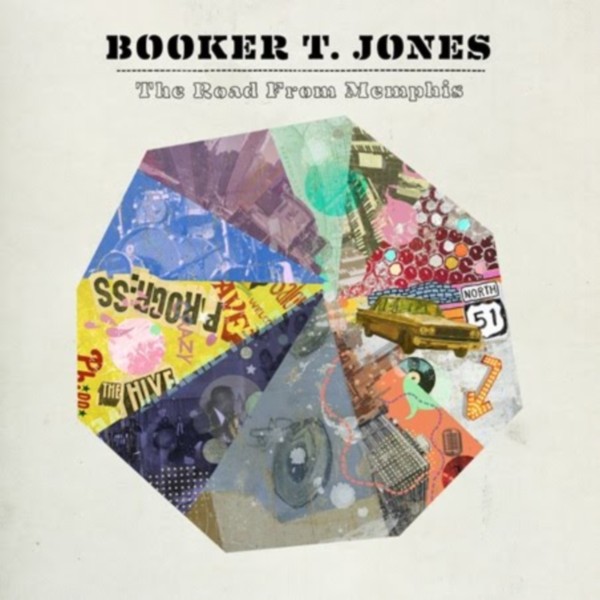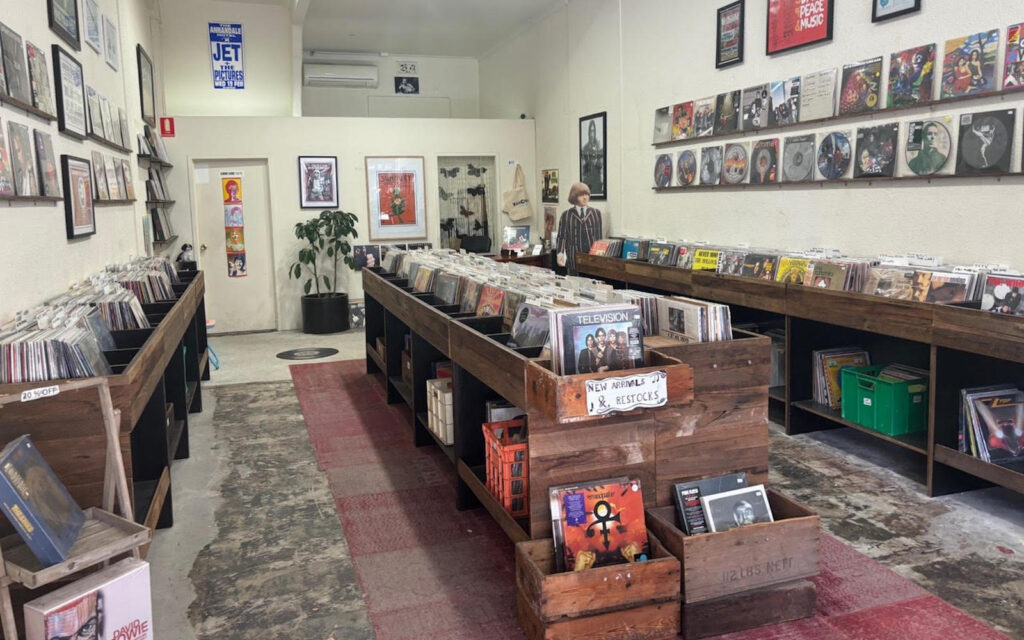There was no lack of irony in the fact that Death Cab For Cutie’s most acclaimed record, Transatlanticism (their 2003 fourth album), was also the one that brought them commercial appeal through unexpected mediums (e.g. the equally loved and loathed TV hit, The O.C.). But this was a band that formed in 1997 and built their foundations upon a commitment to writing sensitive melodic guitar-pop with an emotional resonance. Between Transatlanticism and its 2005 follow-up Plans, Death Cab amassed an incredible following that led to theirs being one of the largest and most loyal fanbases of our time.
The Seattle-based four-piece followed the simplistic romanticism of Plans with the darker and more experimental, Narrow Stairs (2008), and their seventh album – Codes And Keys – finds a middle-point between the two. As beautifully textured and meticulously-crafted as Codes And Keys is, it’s warmly accessible without so much expanding on their sound as refining and embellishing it.
This results in gorgeous, well-crafted compositions but ones that don’t offer much in the way of challenging the listener – and if there’s any sense of searching, it lies within the lyrical and thematic landscapes.
Through a journey that unravels soaring orchestral grandeur, entrancing atmospherics and classic pop nuances, Death Cab For Cutie tie in themes of displacement, self-discovery and finding one’s true abode. Codes And Keys is a markedly polished record (thanks to the mixing assistance of Alan Moulder alongside the band’s guitarist, Chris Walla, on production) and evidently a more positive album than its predecessors.
Home Is A Fire is the idealic opener – simultaneously eerie and hopeful, the song’s slow-burning atmospheric propensity evokes an enveloping moodiness that renders the lush orchestral arrangements of its follow-up, the album’s title-track, all the more inviting, while the album’s themes of finding one’s home and unlocking life’s mysteries interweave and adjoin.
Some Boys – complimented by warm piano and string accompaniments – is a striking, poignant composition that delves into the less-traversed subject of male vulnerability, as frontman Ben Gibbard sings: “some boys don’t know how to love”. Underneath the glistening sheen of You Are A Tourist is a classic pop song – all life-affirming lyrics, shimmering harmonies and vivid textures. It’s unabashedly anthemic and vibrant, just as Gibbard’s advice is as direct as it is encouraging: “If you feel just like a tourist in the city you were born then it’s time to go and define your destination”.
St. Peter’s Cathedral builds from an ethereal pensiveness to a heart-rending outpour as unique textures coalesce beneath Gibbard’s plaintive cry of “there’s a steeple that is reaching up towards the heavens / Such ambition never failing to amaze me / It’s either quite a master plan or just chemicals that help us understand”.
Codes And Keys is a superbly-crafted album of stirring alt-pop beauty; however, joys encountered in recent times shouldn’t diminish their need to delve into the emotional complexities that Death Cab For Cutie are capable of conveying with a greater sense of profundity.
Best Track: Some Boys
If You Like These, You’ll Like This: Viva la Vida Or Death And All His Friends COLDPLAY, Wincing The Night Away THE SHINS.
In A Word: Shimmering







